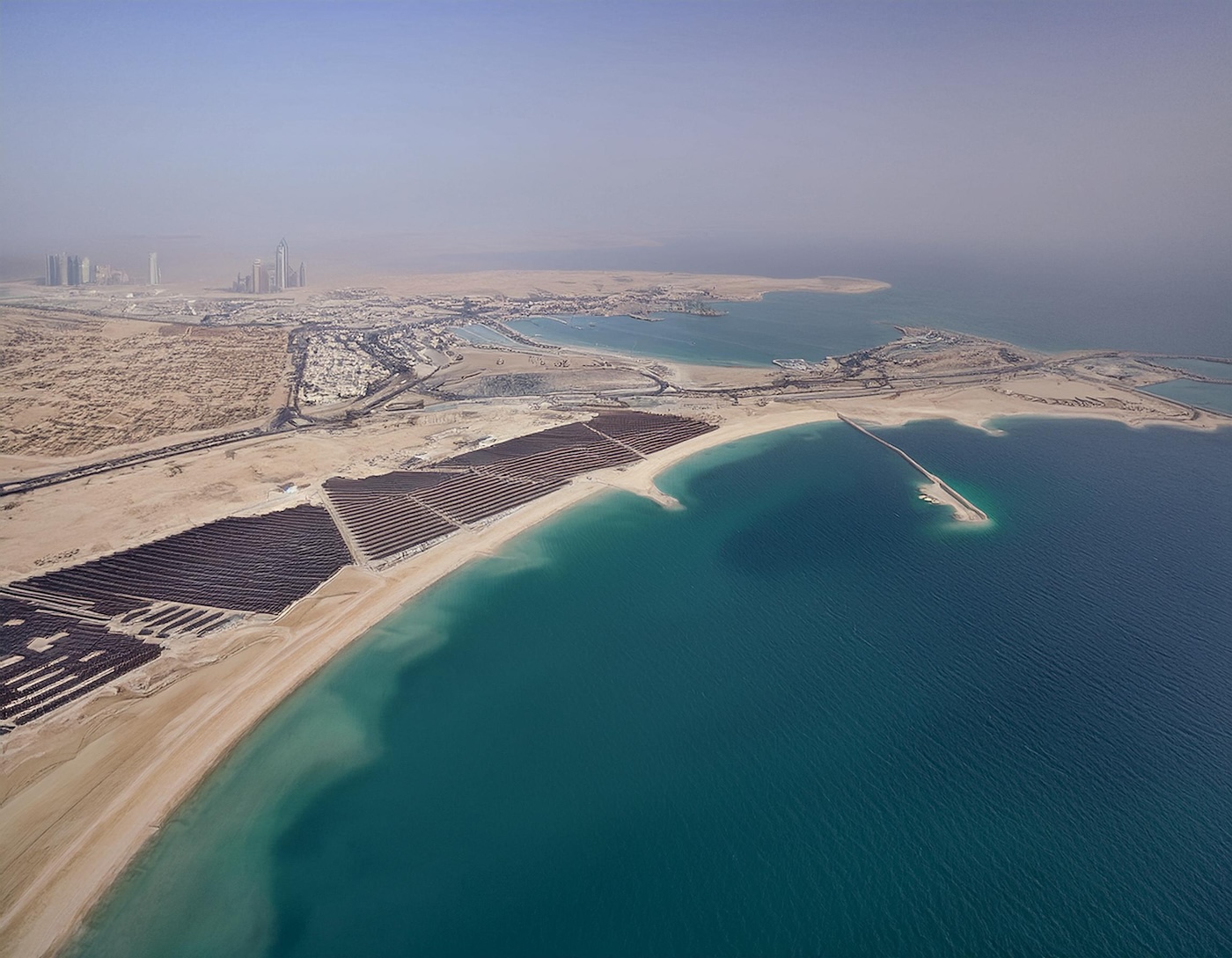Bridging Science, Policy, and Society for Sustainable Change
Connecting research, governance, and communities to drive lasting environmental impact.
Policy Innovation Service from WE&B
WE&B defines policy innovation as:
“Developing improved, updated, or entirely new policy approaches to address the evolving environmental and climate challenges facing society. It is grounded in the recognition that existing frameworks often fall short of what is required. By engaging stakeholders across the quintuple helix through structured co-creation processes, we help generate the strategic nudges needed to shift how society responds to its most pressing grand challenges.”
Rooted in scientific research principles we provide comprehensive analysis of the gaps in existing policies while we advance knowledge and propose evidence-based recommendations for improvement. Harnessing the research data and stakeholder inputs we evaluate the effectiveness of current policies and programs, providing insights on their impact, efficiency, and how they interact with existing governance mechanisms. This enables us to develop policy recommendations, white and green papers, and communication campaigns that advocate for targeted changes and help nudge positive behavioural shifts.
Delivering Policy Solutions for Sustainable Impact
Transforming research into actionable policies that drive environmental and social change
WE&B provides Policy Innovation through 3 concrete services:
Governance and Policy analysis
Governance comprises the mechanisms, processes and institutions, through which citizens and groups articulate their interests, exercise their legal rights, meet their obligations and mediate their differences (United Nations, 2006). Meanwhile policy analysis from our perspective is the evaluation and study of the formulation, adoption, and approaches to strategies addressing environmental challenges.
WE&B has delivered governance and policy analysis for the governments of Peru and Nepal by examining Green Growth strategies within GGGI-funded projects. We have contributed new governance models for water reuse, and developed policy recommendations for the EU and the SADC Water Research Agendas under a EuropeAid-funded initiative. In addition, we have supported coastal management policy development in West Africa through a UNIDO project, and provided recommendations on Green Growth for Mediterranean countries in a recent UfM-funded project. WE&B has also developed climate policy recommendations and contributed to climate change awareness programmes for policymakers and government ministries through an Inter-American Development Bank-funded project in Jamaica.
Service Output
Analysis of current governance practices to produce recommendations for policy improvement.
Foresight and Scenario Planning
Foresight and Scenario planning is a strategic approach that explores possible futures to inform resilient and adaptive policy-making. It involves systematically identifying emerging trends, assessing uncertainties, and constructing plausible scenarios to better anticipate environmental and socio-political change. This process enables decision-makers to move beyond short-term fixes and develop long-term strategies that remain robust across a range of future contexts.
WE&B applies foresight tools—including horizon scanning, backcasting, and participatory scenario planning—to help institutions and governments design forward-looking environmental policies. Through structured stakeholder engagement and systems analysis, we support our clients in understanding the risks and opportunities of different development pathways.
Our foresight work has informed climate adaptation planning, circular economy roadmaps, and long-term water governance strategies across diverse regional and sectoral contexts. For example, in a GGGI-funded project, WE&B is leading the development of the National Adaptation Plan for the State of Qatar, using foresight planning to define pathways toward 2030 and 2050 for six vulnerable sectors. In the HOUSEFUL project, we developed comprehensive social engagement strategies, including the design of co-creation workshops based on the backcasting methodology. These workshops aimed to develop more efficient processes and procedures (EPP) across the construction, refurbishment, and demolition phases of a building’s life cycle. Additionally, in a UfM-funded project, we led a study on the transfer and capitalisation of green circular economy practices, offering foresight on the potential for green jobs and the skills required to implement policy changes effective
Service Output
- Development of strategic future scenarios to explore risks, opportunities, and trade-offs under different environmental and socio-political conditions
- Foresight-informed policy recommendations to enhance resilience, adaptability, and long-term impact of environmental strategies
- Stakeholder co-creation workshops to integrate diverse perspectives and ensure inclusive, future-ready policy planning
Legislative Sandboxes
Legislative sandboxes are controlled environments that allow governments and stakeholders to test innovative policies, regulations, or technologies in a real-world setting before full-scale implementation. Originating in the financial sector and used in the Energy sector, this approach will prove valuable in the environmental and climate space, where the pace of innovation often outstrips existing regulatory frameworks.
At WE&B, we design and facilitate legislative sandboxes that enable experimentation with new governance models. Our approach includes identifying regulatory barriers, engaging key stakeholders, and monitoring the outcomes of sandbox trials to inform adaptive policy development. By doing so, we help institutions de-risk innovation and accelerate the transition to sustainability while maintaining accountability and public trust.
WE&B has promoted sandbox-style mechanisms in several projects, including policy testing for water reuse governance in the REWAISE project and decentralised sanitation models in RUN4LIFE. This approach supports evidence-based decision-making and the refinement of policy tools in dynamic or uncertain contexts.
Service Output
- Design of sandbox frameworks tailored to specific policy, regulatory, or environmental innovation contexts
- Facilitation of multi-stakeholder testing environments to pilot new approaches under controlled, low-risk conditions
- Monitoring, evaluation, and evidence-based recommendations to inform scaling or formal adoption of tested innovations


